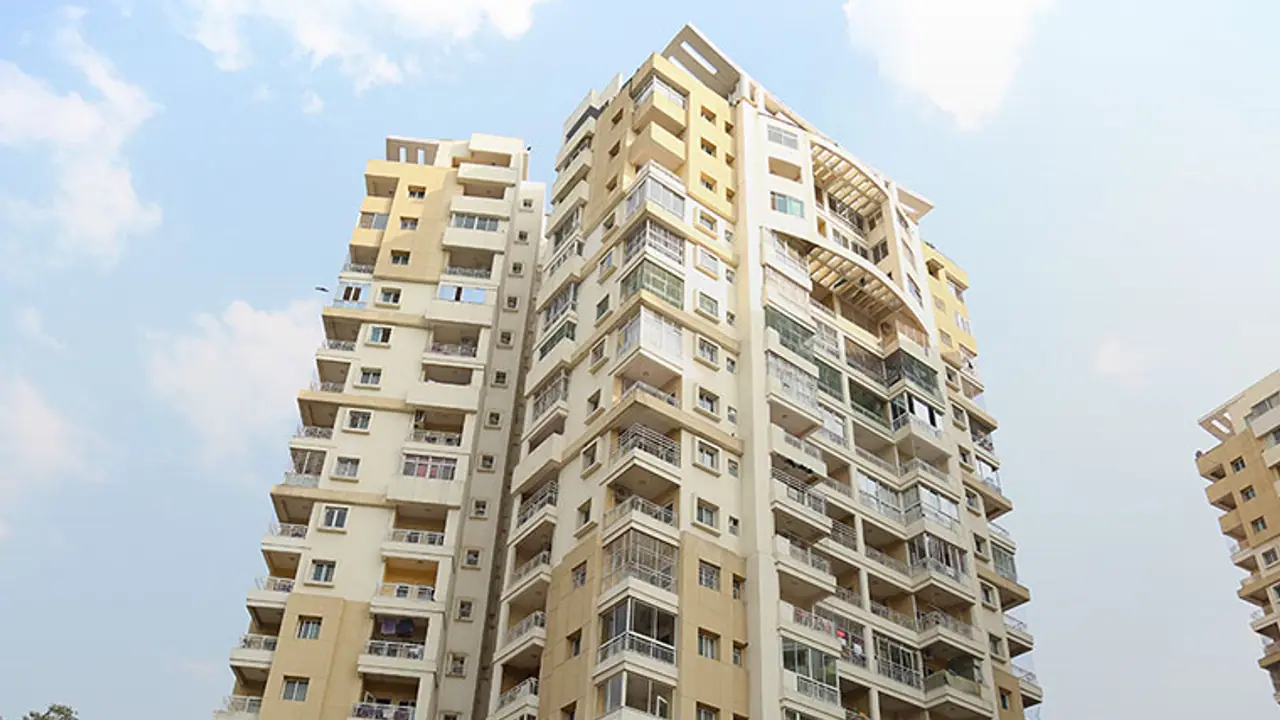The rule says all houses measuring 30x40 sq ft and above should install rainwater harvesting units BWSSB collected Rs 2.10 crores from residents in penalty in the last two months
With Bengaluru facing several instances of water crisis in the last few years, Bengaluru Water Supply and Sewage Board (BWSSB) in association with the state government and the Bruhat Bengaluru Mahanagara Palike (BBMP) framed a rule in 2009 - all new houses measuring 30x40 sq ft and above should install rainwater harvesting (RWH) units. And the strict implementation of this rule came into existence from 2016.

The BWSSB, which has witnessed 1,39,037 lakh new properties since then, has issued the residents several notices from 2015, to obey the order and install RWH units. However, 69,445 homes are yet to install the units. The BWSSB had warned that all residents who failed to install RWH units would be subjected to heavy penalties.
"For the first three months, 25 per cent extra would be levied on the monthly water charges for residential complexes, while for commercial complexes, it would be 50 per cent. Between January to March, the BWSSB collected Rs 2.10 crore through this. The authorities have been instructed to crack on all violators and increase the penalty to 50 per cent for domestic consumers and 100 per cent for commercial properties from April onwards," said SM Ramakrishna, Engineer-In-Chief, BWSSB.
According to BWSSB, the current storage level in reservoirs is only 9 TMC. If the rains in April and May fail, there will be severe water crises in Bengaluru, Mandya, Ramanagar and Mysuru.
"This is why we have been appealing to property owners to install rainwater harvesting units; so that our dependency on Cauvery can be minimised," Ramakrishna pointed out.
Supporting the views of Ramakrishna, AR Shivakumar, Principal Investigator, RWH, Karnataka State Council for Science and Technology, IISc said, the rainfall pattern in Bengaluru is generally good and should be made use of.
“The city gets good rainfall from June to November. If the monsoon and post monsoon showers are tapped through RWH, the city’s ground water level will increase and borewells will be filled," he said.
